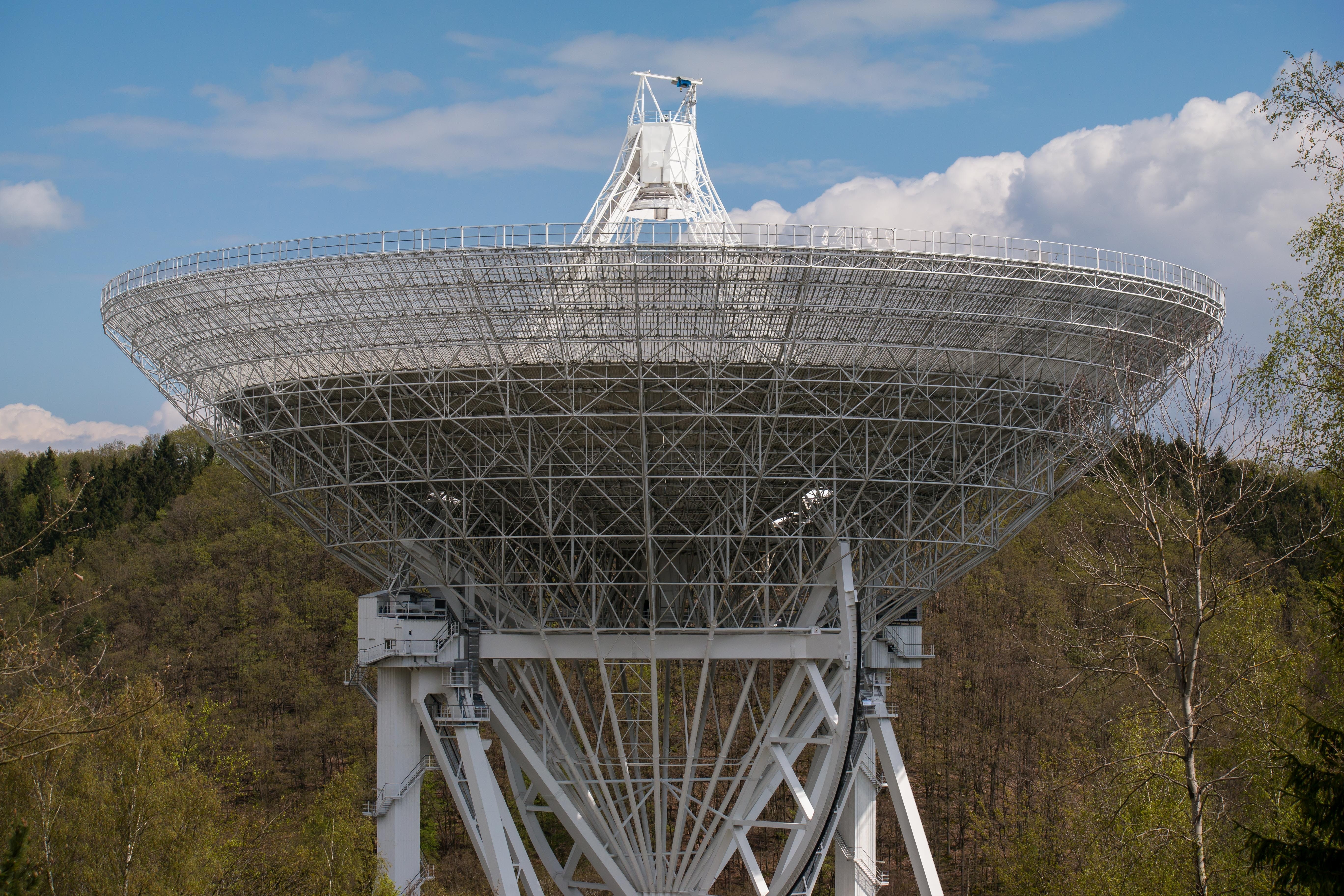Love it or loathe it – AI is a current hot topic happening here and now. Yorck Hesselbarth has been researching and working in AI for more than six years and is an expert in strategic technology management and global organisational transformation. Read his interview on AI, and it’s role in positively impacting individuals, businesses and society at large.
 Name: Dr. Yorck Hesselbarth
Name: Dr. Yorck Hesselbarth
Programme studied and year of graduation: MSc Organisational Behaviour 2017
About Dr Yorck Hesselbarth
Yorck Hesselbarth has been researching and working in AI for more than six years and is an expert in strategic technology management and global organisational transformation. His experience ranges from start-ups to large corporations. After leading several cutting-edge AI projects for the German Armed Forces, Yorck now joins nyonic AI, building large language models for the European market that are responsible and trustworthy. Yorck’s passion for emerging technologies, especially AI, began during his Master’s at LSE, where he explored the human-technology interface from an academic perspective, including the ethics of AI in various use cases.
He believes that AI has enormous potential to positively impact individuals, businesses and society at large and is committed to integrating digital technologies into private companies and governments, and setting the right priorities to create a thriving European technology industry.
Tell us about your career journey since graduating from LSE
After completing my undergraduate degree in business, I came to LSE to explore the intersection of management, technology and human behaviour. My interest in AI blossomed during my master’s thesis on human-machine interaction, which was further fuelled by enriching discussions with faculty, such as Professor Connson Locke.
After LSE, I had the opportunity to work with David De Cremer at the University of Cambridge, also on AI and human-computer interaction. I then moved to Berlin to immerse myself in the technical world of AI, taking more courses in data science and programming to fill my knowledge gap while working on my PhD.
In 2018, I worked with with a Berkshire Hathaway company to help shape their AI strategy, translating academic insights into industry knowledge.
Later, the German military reached out, recognising the importance of AI and human-machine interaction in a rapidly evolving technological landscape. As a former reserve officer, I took on a role in the Cyber Innovation Hub, where I explored cutting-edge technologies and addressed issues such as propaganda and misinformation.
I believe there is an obligation to contribute to society rather than maximising financial gain for its own sake. The escalation of the Russian-Ukrainian conflict in 2022 reinforced my decision to contribute where my experience could have a significant impact.
Having worked with AI for several years, I am currently helping to build large language models for the European market, especially for industrial applications. At nyonic AI we are building a European response to i.e. OpenAI, with European values at heart.
I believe there is an obligation to contribute to society rather than maximising financial gain for its own sake.
How crucial is technology to industries today? What industry will it have the most impact in and why?
Technology has become a big part of our everyday lives, both at home and at work. From simple machines in the early 1900s that helped with heavy lifting, we’ve now moved onto intelligent systems that can think and solve problems like a human.
Large companies have been using these intelligent systems for some time, as they have the money to try new things. Smaller companies are taking a bit longer to get there as they build up the data systems needed to use these smart technologies.
Healthcare
One area where smart technology is making a big difference is in healthcare, as AI mixes well with genetics and personalised medicine, making healthcare more tailored to each individual, which can help achieve better outcomes when treating diseases.
Automotive industry
In addition to healthcare, the automotive industry is also getting a big boost from AI, as it is helping to create self-driving cars and smarter traffic systems by using data from sensors on vehicles to make quick decisions on the road, helping to avoid accidents.
AI is also helping to find and fix vehicle problems before they become major issues, saving both time and money. It’s also improving supply chains in the automotive industry, making everything run more smoothly and more environmentally friendly. The use of AI in cars and transport systems is not only making things safer and more efficient, it is also moving us towards smarter and greener ways of travelling.
AI is also helping to find and fix vehicle problems before they become major issues, saving both time and money.
What role do you foresee AI playing in the future (particularly on a global level)?
AI will change how countries interact, how businesses operate, and how we live together as a society, helping to solve big problems like unequal access to education and health issues.
But as AI gets bigger, it brings with it new problems that everyone – governments, tech companies and regulators – will need to work together to solve. This is especially true in Europe, where we need to catch up and build our own technology, rather than relying on big companies from elsewhere.
On a larger scale, AI can help the global economy grow, help people from different places understand each other and work together to solve big problems.
It can help businesses do more, come up with new ideas and be more environmentally friendly. It can also make learning personal, tailoring lessons to each person, helping us learn better and faster. Governments can use AI to reduce paperwork and improve public services.
Despite these benefits, AI also brings challenges. There are big questions to answer about what’s right and wrong, jobs could change and there are security issues to think about.
We need to make sure that the good things about AI reach everyone, not just the lucky few. So as we step into a future with more AI, it’s like embarking on a new adventure with great promise, but we need a good plan to deal with the challenges that come with it.
We need to make sure that the good things about AI reach everyone, not just the lucky few.
Is AI the solution to protect democracies?
Indeed, AI can be a helpful ally for democracies, especially when it comes to protecting against external threats and internal misinformation. In a military context, AI can help democracies stay one step ahead by enhancing security measures not only on the battlefield, but also in the digital realm, where misinformation and propaganda wars often take place.
For example, AI can be used to quickly detect and counter misinformation campaigns. By analysing large amounts of data, AI can identify fake news or propaganda spreading online, helping to maintain an informed public, which is crucial for a functioning democracy.
It can also help detect foreign interference or hidden propaganda campaigns aimed at destabilising the democratic process or unfairly influencing public opinion.
However, the rise of AI can potentially exacerbate economic inequalities if not properly managed, as those with access to AI technology may become disproportionately wealthier, leading to a concentration of power. This is contrary to democratic principles, which emphasise equality of opportunity and distribution of power.
As briefly mentioned above, the use of AI in a public or governmental context, similar to other sectors, needs to be guided by strong ethical principles, robust legal frameworks and transparent practices to prevent misuse and ensure that it is consistent with values such as fairness, openness and respect for human rights.
When used responsibly and ethically, AI can act as a strong pillar supporting the democratic fabric against both visible and invisible threats. By expanding its capabilities to counter misinformation and ensure cybersecurity, AI can make a significant contribution to support democracy while navigating the complex geopolitical landscapes of today and the future.
When used responsibly and ethically, AI can act as a strong pillar supporting the democratic fabric against both visible and invisible threats.
Any other comments/information you would like to include?
AI technology offers many exciting opportunities to improve our lives and society. But to make the most of it, we need to think about some important things.
- First, ethics are key. When creating and using AI, it’s important to follow rules that make sure it’s used in a good way. This means creating technology that respects people’s rights and values. Having clear ethical rules will help prevent abuse and ensure that AI benefits everyone, rather than causing harm or injustice.
- As AI becomes a bigger part of our world, we also need to make sure people are ready for it. This means investing in education and training to help everyone understand and work with AI. This will help people keep up with the changes in jobs and the skills needed to do them.
- More generally, we need good laws and rules to ensure that AI is used in a safe and fair way. These rules should encourage new ideas while ensuring that AI is used responsibly.
- Working together across countries is also very important because AI affects the whole world. By sharing ideas and solving problems together, we can ensure that the benefits of AI reach everyone. This teamwork can help solve the big challenges that AI brings, such as ethical questions, security issues, and ensuring that everyone has a fair chance to benefit from AI.
There’s never been a better time to explore the impact of technology on our lives, so let’s dive in!
Learn more about the MSc Human Resources and Organisations – Organisational Behaviour programme
Take a look at our alumni benefits






You rely on an ethical approach to reap the benefits of AI. And indeed that underlies the correct contribution of the power of AI.
But experience tells us that the mischief makers exploiting the technology for private gain are always ahead of the game whenever a new technology emerges as, for example, Tim Berners-Lee discovered when the World Wide Web launched
The impact of AI depends on how people are making use of it. On one hand, people are using it to strengthen their business processes or use different AI tools to seamlessly manage or perform tasks. On the other hand, people who misuse AI are actually having a negative impact on the digital world.
There are various examples where we can both outcomes of AI, either good or bad.
1. You may see multiple businesses running smoothly using AI project management tools, or content generation tools. That is a positive use case of AI software.
2. You also might have heard about Deepfakes. People who are engaged in such illicit activities are exploiting the use of technology, and putting up a bad image of AI technologies, which can also be integrated in a good way.